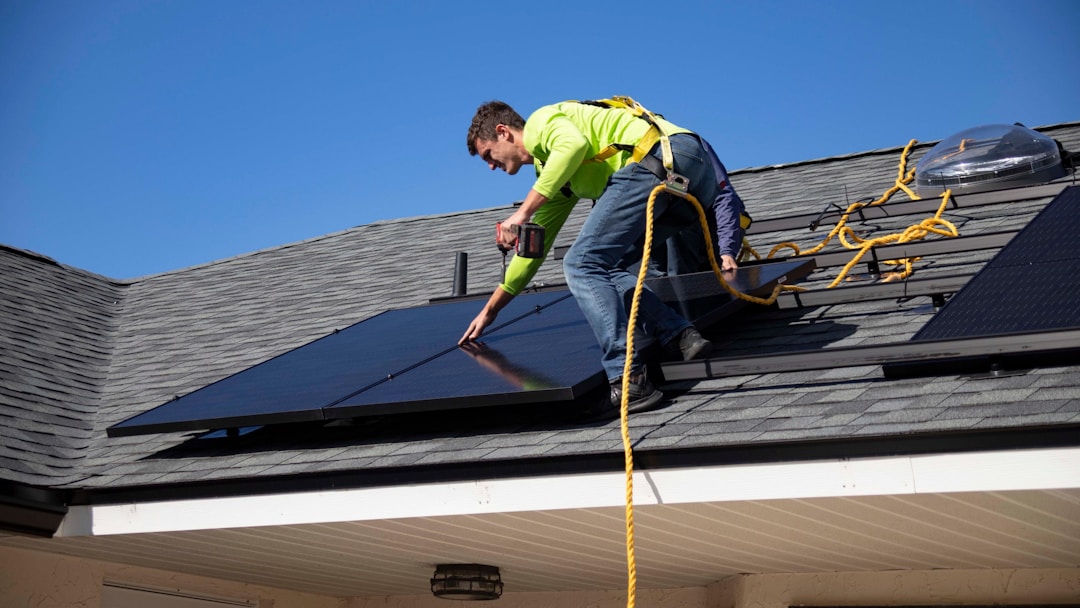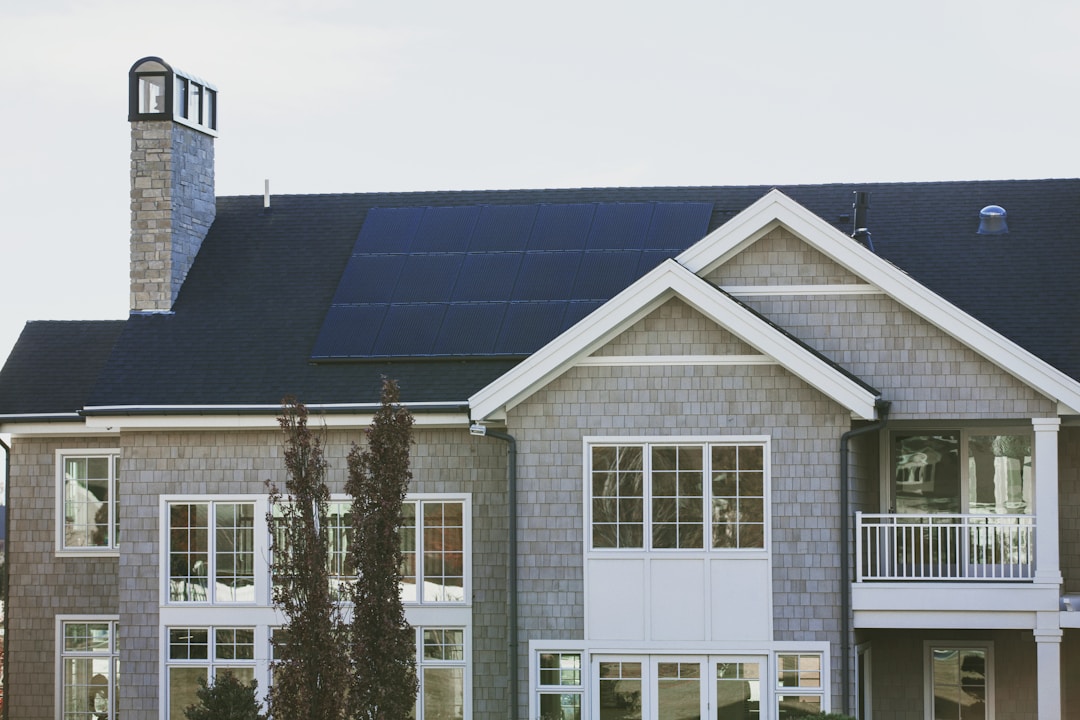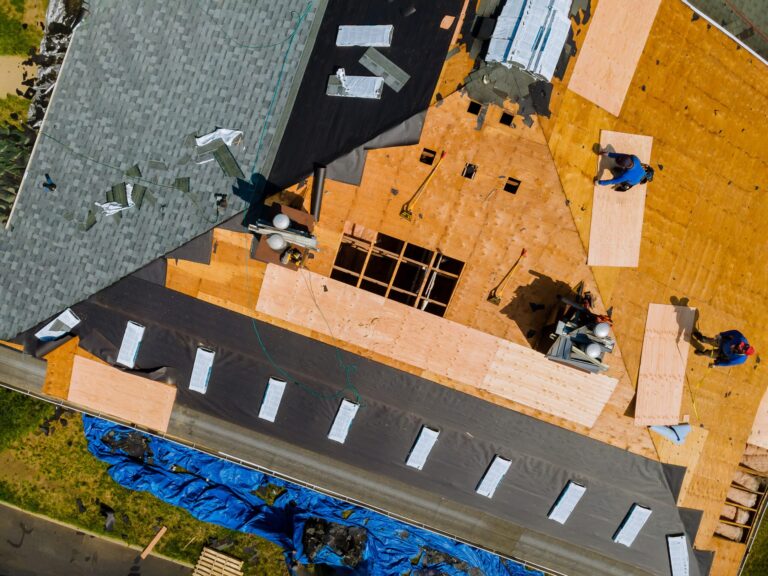Finding Personalized Solar Solutions for Your Home
Embracing renewable energy is not just a fad; it’s essential to creating a sustainable future. Solar energy, one of the cleanest sources, is now more accessible than ever for homeowners. With technology improving and costs declining, installing a home solar energy system can be a smart investment that pays dividends in financial savings and environmental impact. But with so many options and considerations, where does one begin? Keep reading to understand the ins and outs of customizing solar solutions for your home.
Evaluating Your Home’s Solar Potential and Energy Needs

Before investing in solar power, evaluating your home’s solar potential is essential. This involves assessing factors such as the amount of sunlight your property receives, the size and angle of your roof, any shading from trees or buildings, and the climate in your area. These considerations will help determine the maximum energy output you can expect from solar panels installed on your property.
Understanding your energy needs is equally important when considering a solar solution. Reviewing past electricity bills can gauge your average energy usage and peak demand times. With this information, you’ll be better equipped to size your system appropriately, ensuring it’s neither too large nor too small for your energy consumption.
Professional assessments are incredibly useful in this stage. Solar installers often use detailed mapping services and onsite surveys to accurately analyze a home’s solar viability. Tools such as Solar AI offer innovative solutions that use data analytics to optimize solar potential.
Local regulations and utility company policies also affect solar potential evaluation. Some areas offer net metering, which allows homeowners to sell excess energy back to the grid, while others may have restrictions or additional requirements for home solar systems. Being well-informed about these rules upfront can prevent surprises and help plan for a more effective solar solution.
Exploring Custom Solar Solutions and Innovative Technologies

With the core knowledge of solar power and what your home requires, you can start exploring the various custom solar solutions available in the market. Innovations in solar technology mean that homeowners can now opt for solar panels that suit their home’s aesthetics, such as tiles or shingles that integrate with their roofing material or flexible panels for unconventional roof shapes.
Beyond the visual appeal, technological advancements have improved solar panel efficiency, battery storage, and energy management systems. Smart solar systems can now provide homeowners real-time energy usage data, allowing for more effective energy management and potentially lower costs.
For those interested in maximizing environmental impact, there are options like community solar projects or incorporating additional renewable energy sources such as wind or hydro. These approaches can complement your solar installation and help create a more resilient and versatile energy system.
Moreover, companies are innovating to reduce the environmental impact of solar panel production itself, using more eco-friendly materials and processes. By choosing custom solar solutions that align with these practices, homeowners can ensure that their commitment to sustainability extends beyond their own electricity consumption.
Comparing Solar Financing Options for Tailored Affordability
Financing a solar installation can be a major hurdle for many homeowners. Fortunately, several financing options are available that make solar energy more accessible. Outright purchase, though it requires a significant upfront investment, can provide the greatest long-term savings and return on investment.
Solar loans are available for those who prefer not to pay the full cost upfront. These loans function similarly to home improvement loans, often with favorable interest rates and terms, considering the energy savings you will achieve. This way, the system can pay for itself over time through reduced utility bills.
Leasing solar panels is another option, where homeowners pay a fixed monthly fee for using the solar system. While this path can offer immediate savings with little to no initial investment, it may not provide as much long-term financial benefit as owning the system outright. It’s also important to understand how the different financial arrangements might affect your home’s value and the transferability of the agreement if you plan to sell.
Lastly, power purchase agreements (PPAs) allow homeowners to install a solar system at no upfront cost while agreeing to purchase the power generated at a set rate, typically lower than the local utility’s. While PPAs can be attractive, homeowners must assess such agreements’ long-term implications and costs.
Altogether, investing in a personalized solar solution for your home offers financial savings and environmental benefits, making it a wise choice for the future. By carefully evaluating your home’s needs, exploring innovative technologies, and understanding financing options, you can create a sustainable and cost-effective energy system tailored to your lifestyle.













